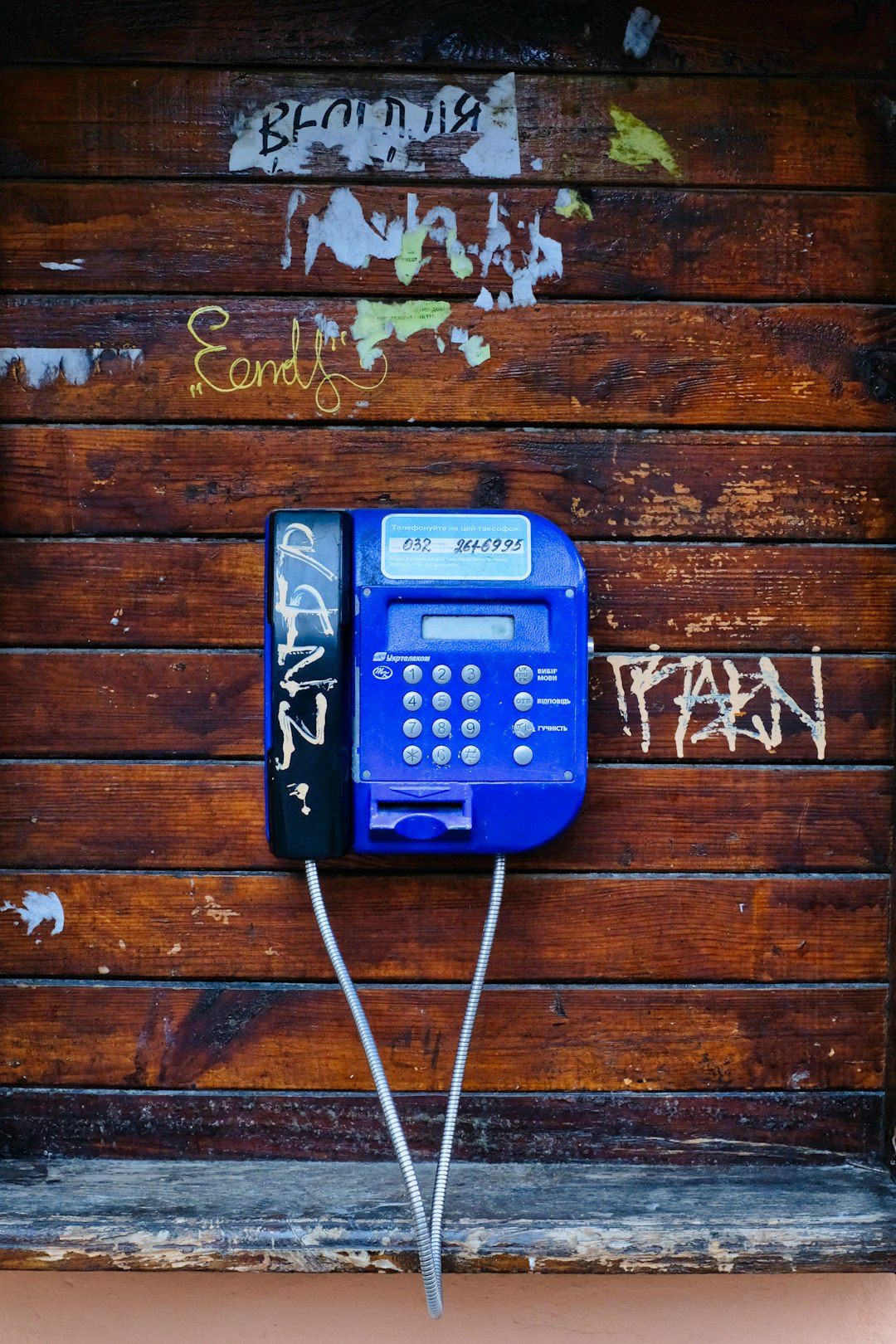Robocalls disrupt Michigan students' lives, causing stress and lower academic performance through deceptive financial promises. The Telephone Consumer Protection Act (TCPA) offers legal protection, enabling students to sue for damages. Adrian College's Students Against Robocalls initiative educates peers about their rights, privacy, and consent under TCPA. While suing can be complex, consulting a specialist is advised. Protecting your privacy by registering on the National Do Not Call Registry, using call-blocking tools, and understanding Michigan consumer protection laws can reduce robocall nuisances.
“The relentless tide of robocalls has inundated American students, including those at Adrian College. In response, a student-driven initiative has emerged, empowering peers to combat this ubiquitous issue. This article delves into the ‘Students Against Robocalls’ movement on campus, exploring its impact and legal avenues for relief.
We dissect the pervasive problem of robocalls in Michigan, offering strategies to protect privacy and provide a comprehensive guide to legal options, including the potential to ‘sue for robocalls’ when necessary.”
Understanding Robocalls and Their Impact on Students in Michigan

Robocalls, automated phone calls often promoting products or services, have become a ubiquitous part of modern life in Michigan, as across the nation. While they may be annoying for anyone, students are particularly vulnerable to their impacts. The constant barrage of unsolicited calls can disrupt concentration and sleep patterns, contributing to stress and decreased academic performance. Furthermore, these calls often target students with misleading tactics, preying on their willingness to explore financial opportunities or career paths, sometimes leading to debt and other negative consequences.
In Michigan, understanding the legal recourse available to combat robocalls is crucial. The Telephone Consumer Protection Act (TCPA) provides significant protection against automated phone marketing calls. Students who feel they have been wrongfully targeted by robocalls may consider suing for damages under this federal legislation. Awareness of their rights and the potential for collective action through initiatives like Adrians College’s Students Against Robocalls campaign is empowering students to reclaim their privacy and reduce the intrusive nature of these automated calls in their academic environment.
The Adrian College Campus Initiative: A Student-Driven Movement

The Adrian College Campus Initiative, Students Against Robocalls, is a student-driven movement aimed at combating the pervasive issue of unwanted robocalls in Michigan and beyond. Driven by the frustration of constant interruptions from automated calls, students at Adrian College have taken it upon themselves to raise awareness about the legal aspects surrounding these calls, particularly exploring the question, “Can I sue for robocalls in Michigan?” This proactive approach not only educates their peers but also seeks to empower them with knowledge about their rights and available legal recourse.
Through campus-wide workshops and informational sessions, students are equipped with understanding telephone consumer protection laws (TCPA) designed to regulate robocalls. The initiative encourages active participation in protecting privacy rights and promotes ethical marketing practices. By fostering a culture of informed consent, Students Against Robocalls seeks to reduce the nuisances of robocalls and give individuals back control over their communication channels.
Legal Options for Students Targeted by Unwanted Robocalls

Students in Michigan who find themselves on the receiving end of unwanted robocalls have legal options available to them. While federal laws like the Telephone Consumer Protection Act (TCPA) offer some protections, directly suing for robocalls can be complex. The TCPA prohibits automated or prerecorded calls from being made to mobile phones without explicit consent. Students who believe they’ve been targeted illegally can file a complaint with the Federal Trade Commission (FTC), which has the authority to investigate and penalize violators.
In some cases, students may choose to take legal action against call centers or companies responsible for the robocalls. This could involve filing a private lawsuit under the TCPA, which allows individuals to seek damages for each violation. However, it’s advisable to consult with an attorney specializing in telecom law to understand the strength of their case and potential outcomes, especially when considering whether to Can I Sue For Robocalls Michigan.
Strategies to Combat Robocalls and Protect Your Privacy

Robocalls have become a ubiquitous nuisance, but students at Adrian College are taking action to combat this issue with their initiative, Students Against Robocalls. To protect your privacy and reduce unwanted calls, several strategies can be employed. One effective method is to register on the National Do Not Call Registry, which limits marketing calls to your number. Additionally, using call-blocking apps or software can significantly curb the number of robocalls received.
Another crucial step is educating yourself about your rights. In Michigan, for instance, there are laws in place that protect consumers from excessive or fraudulent robocalls. If you feel you’ve been wrongfully targeted by these calls, consulting a legal professional to explore options like suing for robocalls could be beneficial. Remember, standing up against robocallers not only protects your personal privacy but also contributes to a quieter, more peaceful communication environment.






